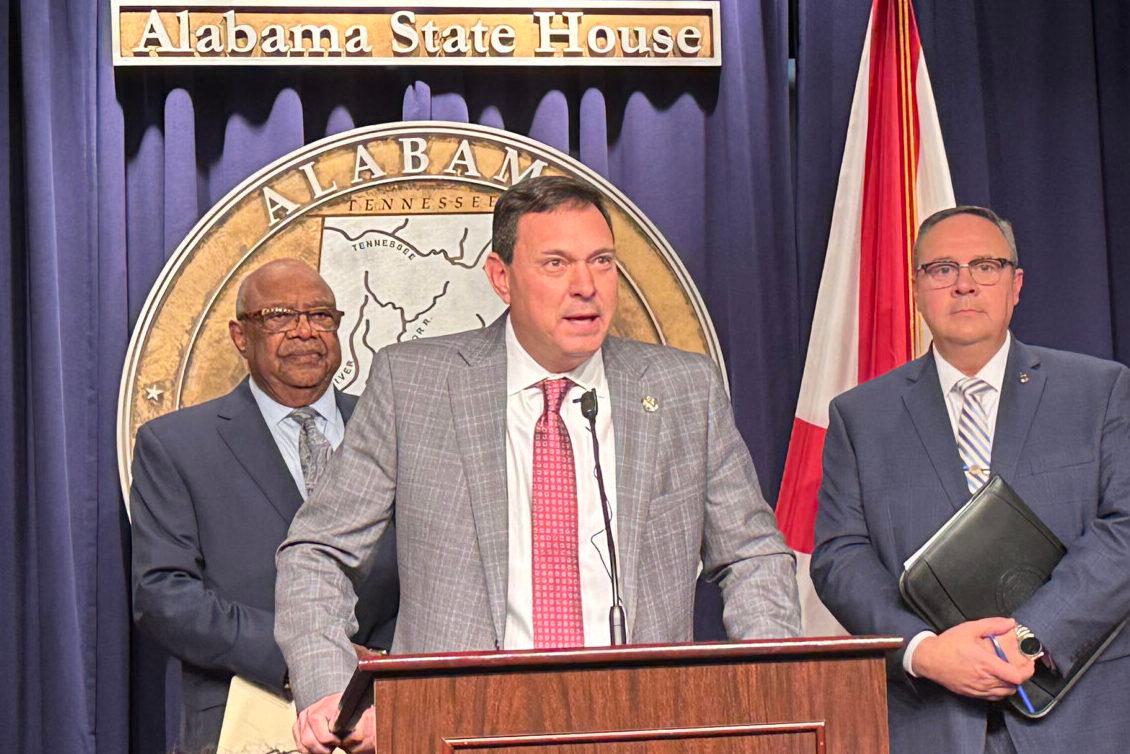State Rep. Chris Blackshear (R-Phenix City) is not shying away from blaming the Senate for its inability to advance multiple iterations of the comprehensive gambling package during the legislative session.
The 2024 legislative session had no lack of drama, with feuding between the House and Senate. Mostly revolving around proposed gambling legislation, both bodies engaged in gamesmanship up to the last day of the session to advance their respective legislation. The political gridlock sometimes resulted in either chamber refusing to pass the other's bills.
SEE: Feud erupts between the House and Senate — Both bodies refuse votes on the other's bills
SEE ALSO: House passes Farm Center bill after lawmakers voice frustrations with Senate
The proposed package of bills sought to legalize casino gaming in specific locations, establish a statewide lottery and allow online sports betting. It would also create a gaming commission to regulate gambling operations.
The original package passed the House. The Senate also passed the package after heavily amending it to remove casino gaming and sports betting provisions. After weeks of back-and-forth, a conference committee between the House and Senate met and hammered out what seemed like an acceptable compromise. However, the Senate failed to garner sufficient votes for the proposed constitutional amendment, and the session closed out without the bill receiving a vote.
Negotiations came down to the wire, with House members attempting talks until the final day. After negotiations fell through, the House passed the education budget and adjourned sine die.
Blackshear, the sponsor of the gambling package, released a statement on Thursday expressing his displeasure with the Senate for failing to advance the legislation.
“The House presented an opportunity to eliminate illegal gambling and allow the people to vote on an education lottery not just once this session, but twice,” Blackshear said. “House and Senate conferees negotiated a compromise much closer to the Senate’s substitute legislation than what was originally passed back in February. We made numerous concessions because the most important thing to the House was allowing the people to vote and running the bad actors out of our state. It’s disappointing that after 15 months of work, we’ve accomplished neither and left $700 million per year on the table that would have supported education, infrastructure, mental health, retiree bonuses and more."
"The next time someone asks me why they can’t vote on the issue of gaming, I’m going to tell them to ask one of the 15 senators that voted against this legislation," he added.
To connect with the author of this story or to comment, email craig.monger@1819news.com.
Don't miss out! Subscribe to our newsletter and get our top stories every weekday morning.









